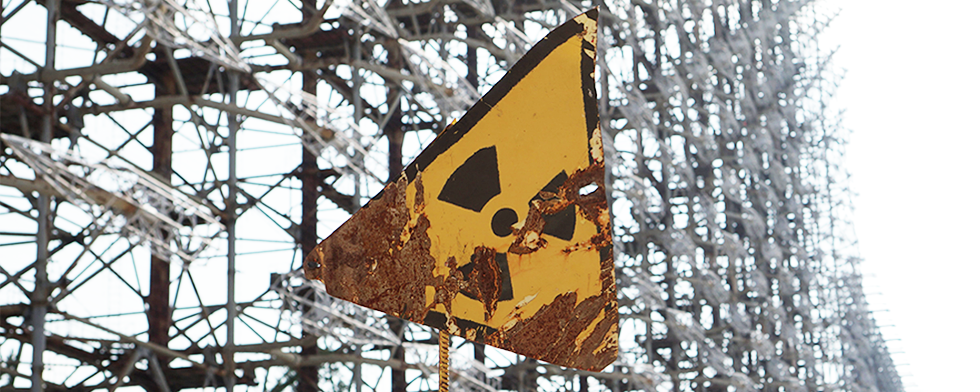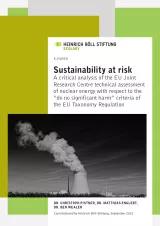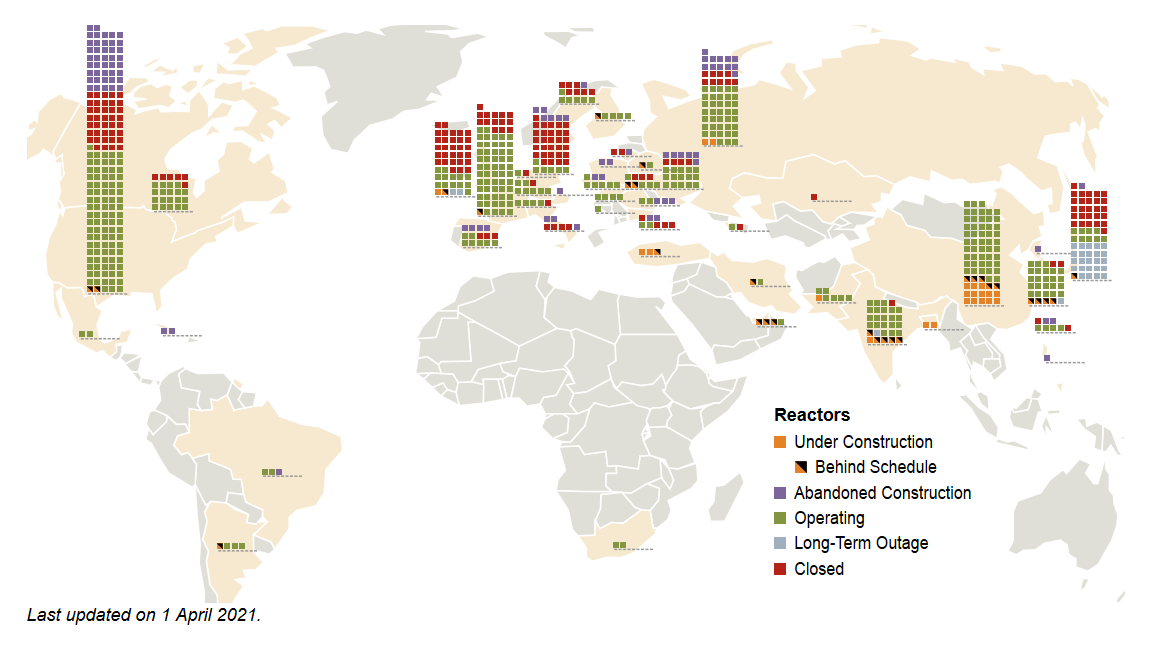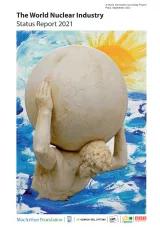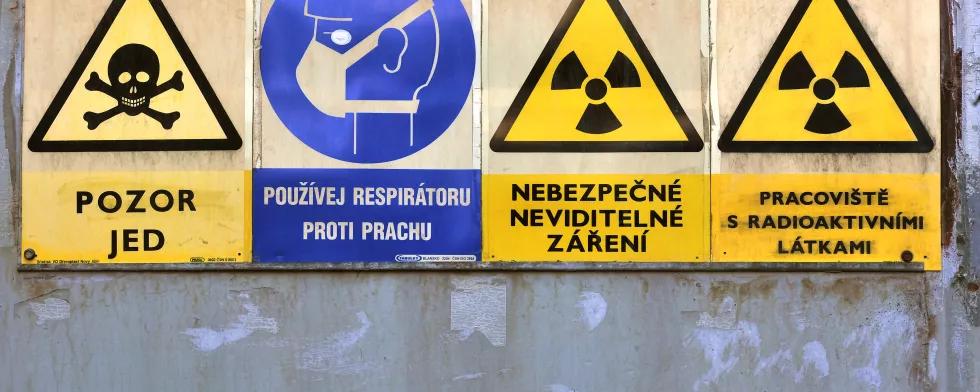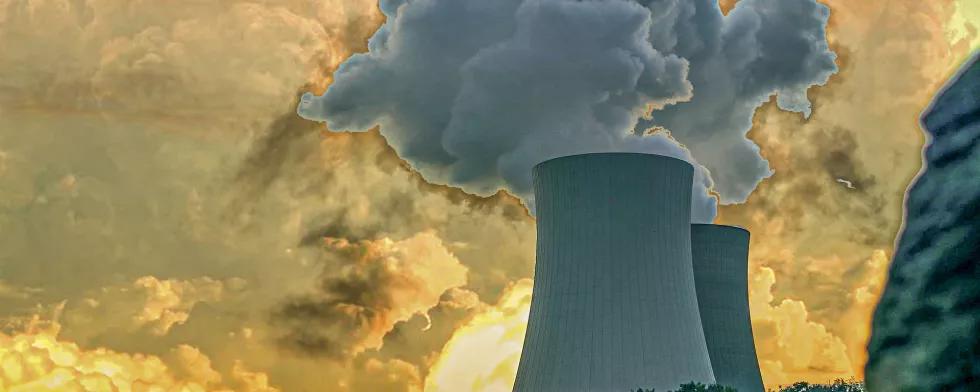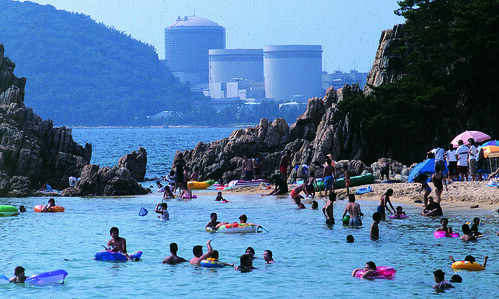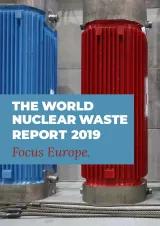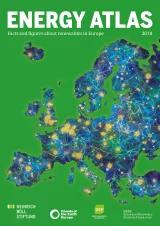Dossier
Nuclear Power in Europe: 35 Years After the Chernobyl Disaster
2021 marks the anniversary of two dreadful disasters in nuclear power plants: 10 years have passed since Fukushima (11 March 2011), 35 since Chernobyl (26 April 1986). On this occasion, we take stock of the impacts of the latter catastrophe, look at the state of the nuclear industry in Europe today and provide an outlook of this form of electricity generation. Bringing in voices from our foreign offices and partners in different European countries, the dossier consists of articles shedding light on the different perceptions and myths of nuclear energy in the respective countries, a series of video statements explaining why nuclear is not the right answer to the climate crisis and various publications.
